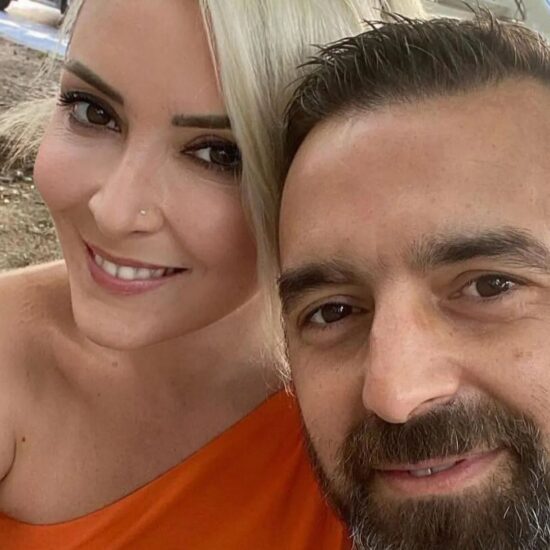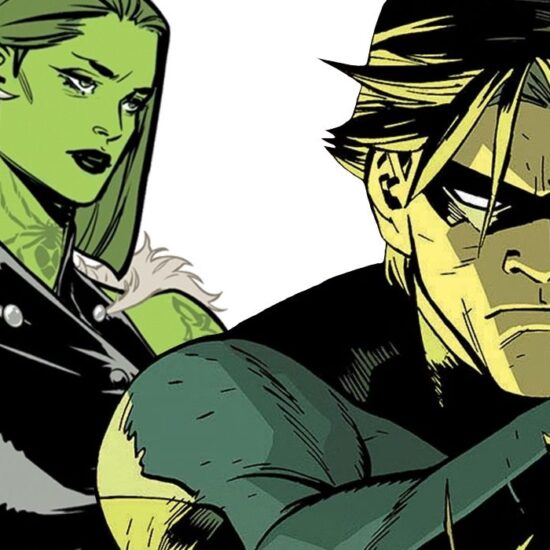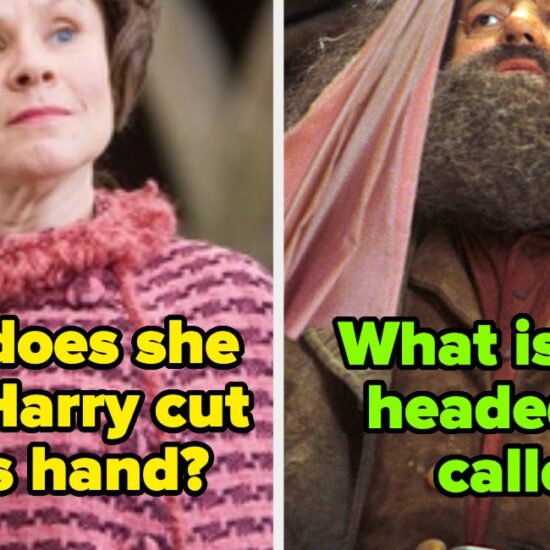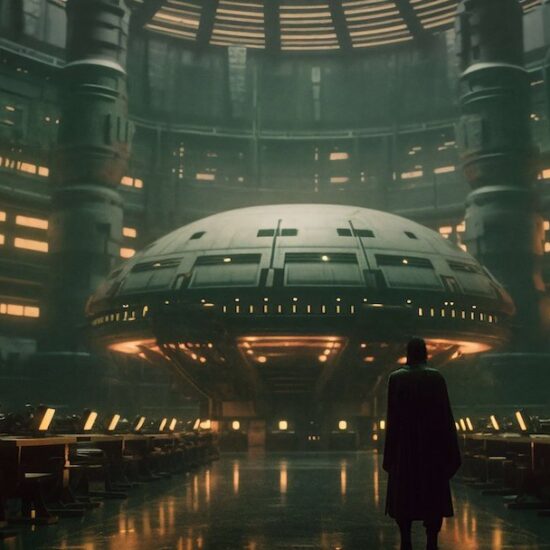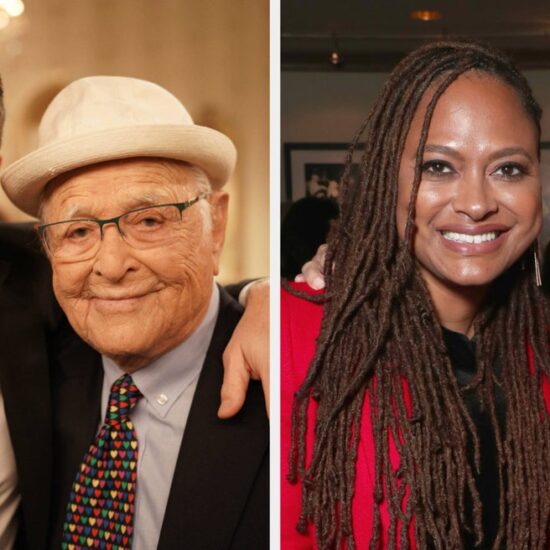
For years, film has been featuring the antagonist front and center — see “Joker,” “The Shining,” even “The Godfather” and “GoodFellas.” TV, however, usually works a bit differently. Placing the bad guy at the head of the story isn’t an easy task, one that only works when both the writer and actor at hand can find a way to make the character likable enough to keep an audience’s attention through multiple episodes.
Christopher Duntsch, the leading character in Peacock’s “Dr. Death,” isn’t likable in the least.
The limited series follows the true story of the neurosurgeon in Texas who injured or killed 33 out of 38 patients in less than two years.
“It is exceedingly difficult to find those entry points into the character that audiences can connect to and not just feel like he’s a psychopathic killer,” says showrunner Patrick Macmanus. “I think that we were lucky to have all the research that we had that gave us insights into what was in this man’s head to help us.”
Macmanus says he can’t take the credit. Instead, he passes that to star Joshua Jackson. “We can only do so much on the page. Quite frankly, what I am most proud of in the entire show is what Josh did with a despicable character. There was no one at home who was on Duntsch’s side. There was no one who was saying, ‘Those patients had it coming to them.’”
Still, Jackson found a way to tap into that — and make viewers still want to watch the journey.
“He was a deeply flawed, despicable human being. I don’t think anybody could argue with the fact that Josh fully encapsulated that and embodied that character. He was not Josh Jackson. He was Christopher Duntsch,” the writer tells Variety. “And there are a lot of actors out there who are phenomenal actors who play great versions of themselves and play the hell out of them. Then there are actors who just disappear into a character and that’s what Josh did with Christopher Duntsch.”
Joshua Jackson as Christopher Duntsch..
Scott McDermott/Peacock
In order to accomplish that, he tried to find a way to give Jackson a “road map.” The Wondery podcast of the same title, on which the show is based, served as the first destination.
“There was so much for us to dig into in his past that gave us sort of an entry point into who he was as a human being — deeply flawed, deeply troubled, both from nature and nurture. But we were to build a character that, in little moments of sunshine, you could shine on the character so that person at home could say, ‘I don’t agree with anything that he did, but that’s a flawed human being,’” Macmanus says. “At the end of the day, if you’re making these types of characters, you’ve got to find ways to have the audience put their judgment aside and go along with the ride of the character and that is what we attempted to do.”
Jackson, who came on to the project after all the scripts had already been finished, was hooked when listening to the podcast. “Then came the intimidating fun of trying to figure out how to make that monster into a man,” he tells us with a laugh.
“I will admit in the very beginning, the first time I read the scripts, I think I read them more as an audience member than as an actor,” says Jackson. “I did the thing that I think we all do when we are first confronted with the story, which is to first ask, ‘Why did this happen? How could this possibly happen? And what is wrong with this guy?’”
As he began having more conversations with Macmanus, those questions changed.
“I don’t think that he was a psychopath. So, when you leave that aside, then you get into the much thornier questions like, did he think he was the hero of his own story? I really believe he still does. I think he still believes that he is the actual victim of everything that happened around him and because of him,” Jackson says of Duntsch, who is serving life in prison. “That was a great unlocking to the character in the very beginning because once I put aside the judgment of him, then I’m able to start doing my work, which is to figure out how to take all the things that are factually correct, take all the things that are inferred by his behavior and try to mash those all together into a human being that you can at least recognize.”
While some actors in fact-based adaptations have the privilege of meeting with those involved — Julia Garner visited Anna Delvey in prison while prepping for Netflix’s “Inventing Anna” — that wasn’t the case for Jackson. Although he and Macmanus discussed whether meeting Duntsch was an option, but “for a variety of different reasons, it was never going to happen.” They were filming amid the COVID-19 pandemic, while Duntsch is incarcerated and filing appeals.
“It’s also not the most flattering portrayal of his life, so he probably wouldn’t have been all that interested in being helpful,” Jackson says. “I think I realized before we started shooting that he’s actually not the best person to tell his own story, strangely, because, in my opinion, he is so deeply invested in the fiction of himself as this white knight genius who has been assailed on every side by people who misunderstood him or were out to get him. I’m not sure you can ask a liar a direct question to try to get to the truth. So, at the end of the day, I wasn’t too upset I didn’t have access to him.”
Now, Jackson looks forward to something a bit less psychotic. Although his next role isn’t exactly a good guy — he’ll be portraying Dan Gallagher in Paramount+’s reimagining of the classic 1987 psychosexual thriller “Fatal Attraction” — the character’s not a deranged killer.
“He’s not necessarily a villain but he’s a deeply flawed person. It is not a heroic role. It actually has been a while [since I played that],” Jackson says. “I guess Cole from ‘The Affair’ was noble but not heroic. And ‘When They See Us’ was functionary, not really a heroic role, even though ultimately, he was trying to do something that was noble. So, I haven’t really played a heroic role in a while. I’m happy to not play somebody as psychologically as intense as Christopher Duntsch for a little while because the weight of that was quite intense over the course of shooting the show.”










